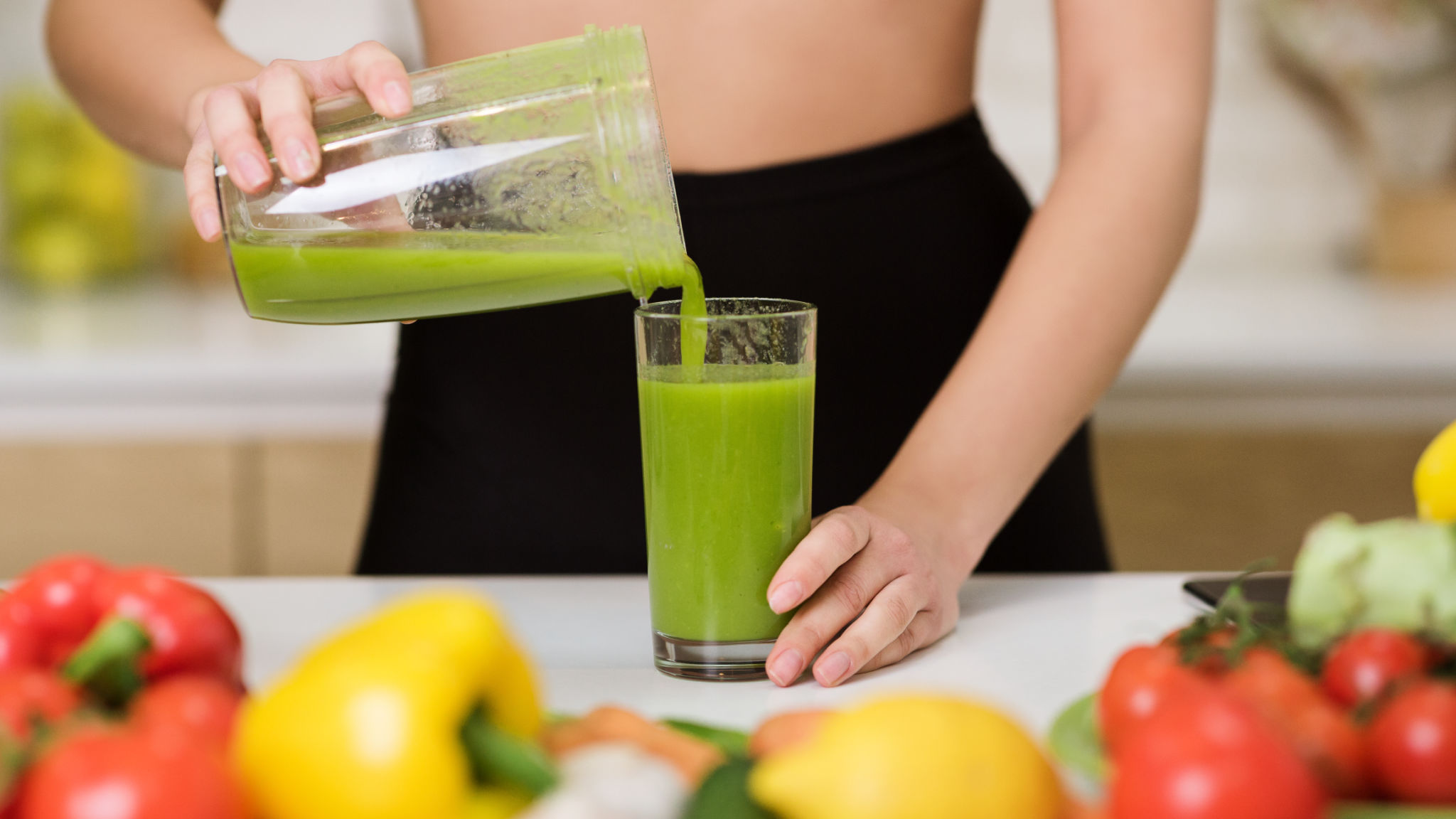Different Phases of Healing is a Process
Understanding the Quiet Journey
Post-operative recovery is often an understated phase in the healing process. While the surgery itself takes center stage, the recovery period that follows is a crucial component of achieving full health. During this time, patients face both physical and emotional challenges that require patience and resilience.
Many people underestimate the silent journey of recovery, assuming that once the surgery is over, everything will quickly return to normal. However, this period is a delicate balance of rest, rehabilitation, and self-care.

Physical Healing: More Than Just Rest
The body undergoes significant stress during surgery, and recovery is the time for healing. It's important to follow medical advice closely, including prescribed medications, physical therapy, and regular follow-up appointments. These elements are vital for preventing complications and promoting healing.
Moreover, nutrition plays an essential role in recovery. A balanced diet rich in proteins, vitamins, and minerals can significantly speed up the healing process. Staying hydrated and avoiding harmful substances like alcohol and tobacco are equally important.
Emotional Wellbeing: Navigating the Ups and Downs
Emotional health during recovery is often overlooked. Patients may experience feelings of frustration, anxiety, or depression, especially if mobility is limited. It's essential to address these emotions rather than dismiss them.

Support from family and friends can make a substantial difference. Engaging in light activities, pursuing hobbies, or simply spending time with loved ones can help maintain a positive outlook during this challenging period.
Managing Expectations: The Road to Normalcy
Setting realistic expectations is crucial. Recovery timelines vary greatly depending on the type of surgery and the individual's health condition. It's important to celebrate small milestones rather than focusing solely on the end goal.
- Follow your doctor's guidelines for physical activity.
- Take medications as prescribed.
- Attend all follow-up appointments.
By acknowledging progress and understanding setbacks as part of the journey, patients can navigate this period more effectively.

Adapting to Lifestyle Changes
Sometimes, post-op recovery necessitates long-term lifestyle changes. Whether it's adjusting to new dietary requirements or incorporating regular exercises into daily routines, these adjustments are part of embracing a healthier future.
Patients are encouraged to view these changes as opportunities for growth and improved well-being rather than burdens. With time, these new habits can seamlessly integrate into daily life.
Seeking Professional Guidance
If challenges persist, seeking professional guidance can be beneficial. Physical therapists, nutritionists, and counselors can provide specialized support tailored to individual needs. Their expertise can offer valuable insights and foster a smoother recovery process.
Ultimately, the silent challenge of post-op recovery is a journey that requires patience, support, and self-compassion. By understanding and addressing both the physical and emotional aspects of recovery, patients can emerge stronger and more resilient.
Healthy Microbiome
Your gut and brain are in constant communication, influencing everything from mood and focus to immune strength and energy levels. This gut-brain axis relies on a healthy microbiome to produce calming neurotransmitters like serotonin and GABA, regulate inflammation, and support stress recovery. Chronic stress, poor diet, or imbalance in gut bacteria can disrupt this harmony—leading to brain fog, mood swings, and digestive issues. Probiotics like Optimal Flora Plus go beyond digestion by reinforcing microbial diversity and gut lining integrity, helping restore clear communication between body and mind. Supporting your gut is one of the most powerful ways to boost emotional resilience, mental clarity, and overall vitality.

Optimal LipoLean CLA
https://www.optimalhealthsystems.com/collections/weight-management/#code=OHSHOLISTICSS